A “bad HOA board” refers to a homeowners association board that is poorly managed, often exhibiting behaviors like financial mismanagement, lack of transparency, favoritism towards certain residents, ignoring community concerns, being overly strict with rules enforcement, or engaging in conflicts of interest, essentially failing to act in the best interests of the entire community.
What constitutes a “bad” HOA board:
- Lack of communication or transparency with residents
- Failing to address concerns or complaints promptly
- Making biased or unfair decisions that benefit a select few homeowners
- Poor financial management, including excessive spending or inadequate reserves
- Neglecting maintenance of common areas
- Inability to resolve conflicts constructively
Key signs of a bad HOA board:
- Financial issues: Misusing funds, not maintaining proper financial records, unnecessary spending on projects, or failing to adequately address maintenance needs.
- Lack of transparency: Not providing clear information to residents about finances, decisions made, or meeting minutes.
- Favoritism: Showing preferential treatment to certain residents over others, often based on personal connections.
- Poor communication: Not responding to resident concerns, failing to hold regular meetings, or ignoring resident feedback.
- Excessive rule enforcement: Strict and unreasonable interpretation of community rules, leading to unnecessary fines or harassment of residents.
- Conflicts of interest: Board members making decisions that benefit themselves or their close associates, rather than the community as a whole.
- Bullying tactics: Using intimidation or aggressive behavior to silence dissenting voices or push through personal agendas.
- Lack of accountability: Avoiding responsibility for mistakes or refusing to address resident complaints.
What to do if you suspect a bad HOA board:
- Gather evidence: Document instances of problematic behavior, including dates, details, and names of involved parties.
- Communicate with the board: Raise concerns directly with the board members and request explanations.
- Organize with other residents: Build support from other homeowners to address the issues collectively.
- Consult legal advice: If necessary, seek legal guidance to understand your rights and potential legal actions.

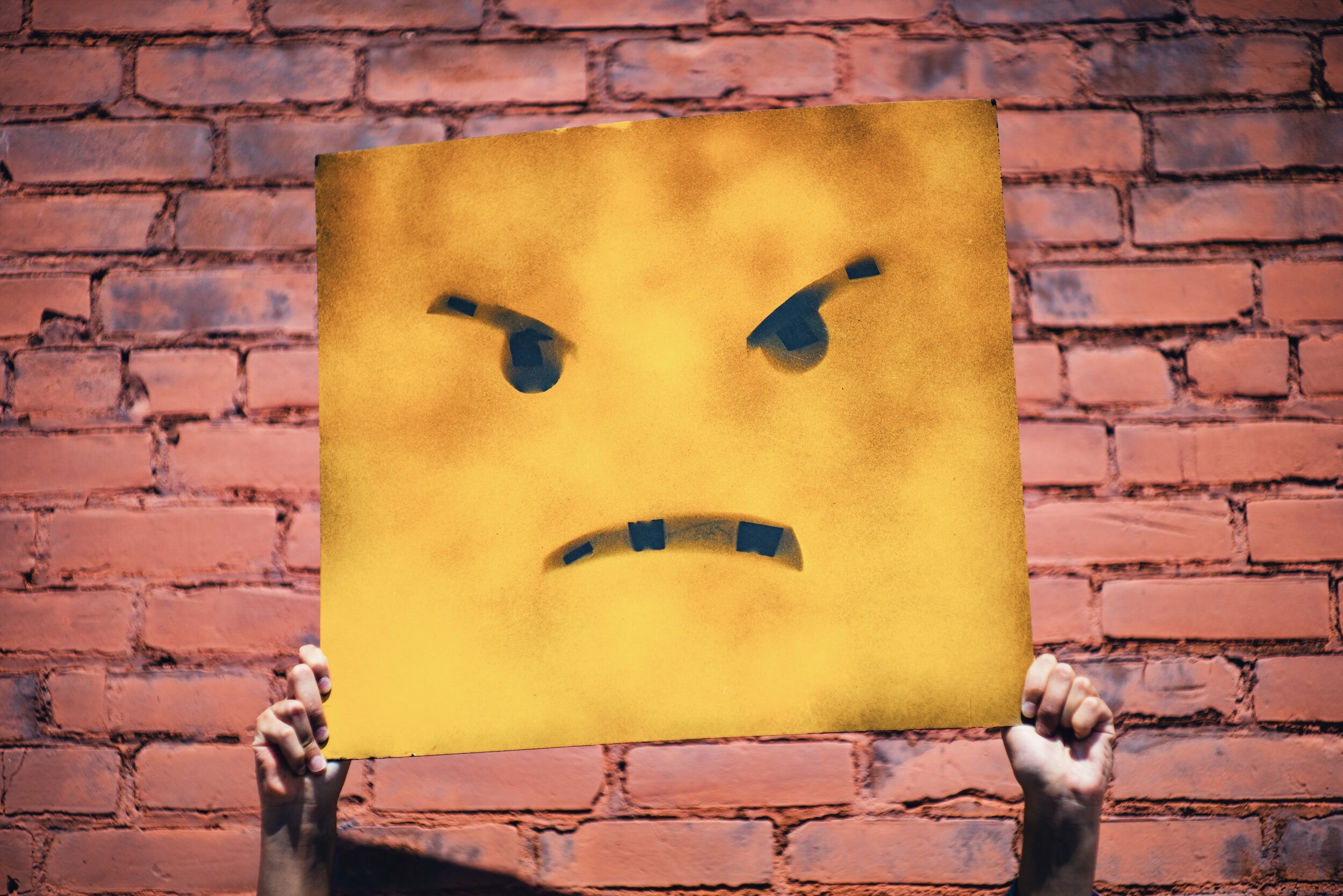


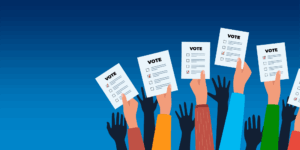


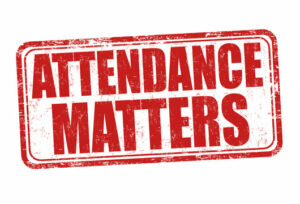

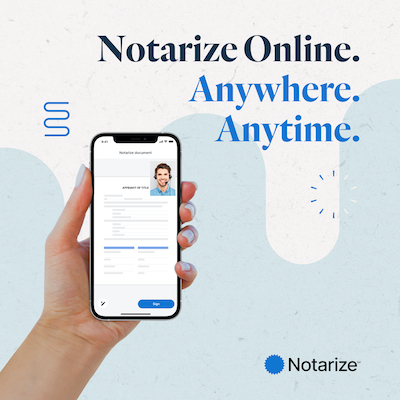

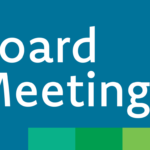









Add comment
You must be logged in to post a comment.